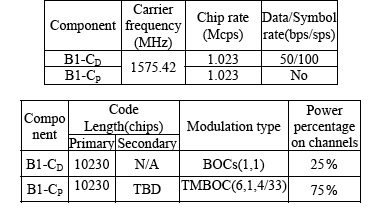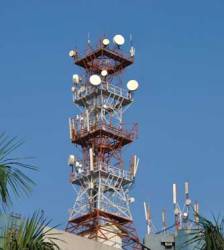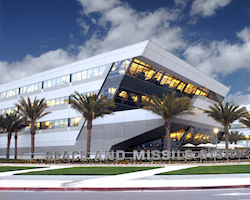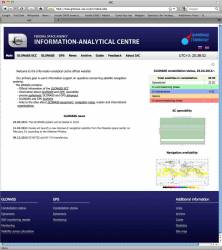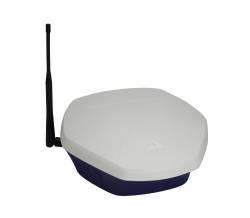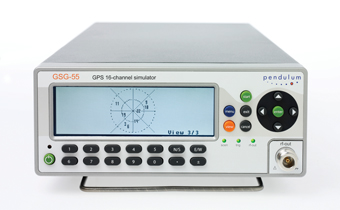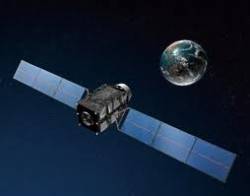“Save Our GPS” Group Forms to Confront LightSquared Transmitter Network

Aroused by the Federal Communication Commission’s (FCC’s) waiver of limits on ancillary terrestrial components (ATCs) for LightSquared’s proposed 40,000-transmitter network, representatives from a wide variety of industries and companies announced today (March 10, 2011) formation of the “Coalition to Save Our GPS.”
By Inside GNSS
